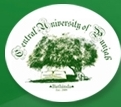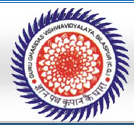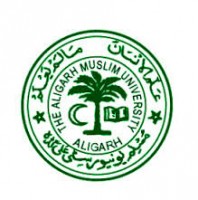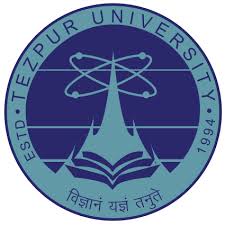Basic details
About University
A study of the evolution of Visva-Bharati during the lifetime of its founder, Rabindranath Tagore, offers an insight into what this institution was intended to achieve. Rabindranath founded a school for children at Santiniketan and it was around this nucleus that the structure of an unconventional university developed through careful planning.
In 1863, on a seven-acre plot at the site of the present institution, Debendranath Tagore, the poet's father, had built a small retreat for meditation, and in 1888 he dedicated, the land and buildings, towards establishment of a Brahmavidyalaya and a library. Rabindranath's school Brahmacharyasrama which started functioning formally from December 22, 1901 with no more than five students on the roll, was, in part, a fulfilment of the wishes of his father who was a considerable figure of his time in the field of educational reforms. From 1925 this school came to be known as Patha-Bhavana.
The school was a conscious repudiation of the system introduced in India by the British rulers and Rabindranath initially sought to realize the intrinsic values of the ancient education in India. The school and its curriculum, therefore, signified a departure from the way the rest of the country viewed education and teaching. Simplicity was a cardinal principle. Classes were held in open air in the shade of trees where man and nature entered into an immediate harmonious relationship. Teachers and students shared the single integral socio-cultural life. The curriculum had music, painting, dramatic performances and other performative practices. Beyond the accepted limits of intellectual and academic pursuits, opportunities were created for invigorating and sustaining the manifold faculties of the human personality.
Vision
To win the friendship and affection of villagers and cultivators by taking a real interest in all that concerns their life and welfare, and by making an effort to assist them in solving their most pressing problems.
To initiate a dialogue between academic study and research of rural economy / culture and on-field experience.
Mission
To study the mind of man in its realisation of different aspects of truth from diverse points of view.
To bring into more intimate relation with one another, through patient study and research, the different cultures of the East on the basis of their underlying unity.
To approach the West from the standpoint of such a unity of the life and thought of Asia.
To seek to realize in a common fellowship of study the meeting of the East and the West, and thus ultimately to strengthen the fundamental conditions of world peace through the establishment of free communication of ideas between the two hemispheres.
Contact Details
Vice Chancellor
Professor Sushanta DattaguptaAddress
PO : Santiniketan West Bengal, India Pin 731235Phone Numbers
91(3463)262751Fax Numbers
91(3463)262672Contact Email
[email protected]Website
http://www.visvabharati.ac.in/






